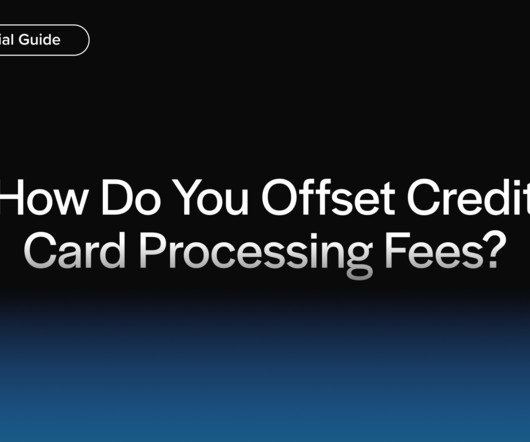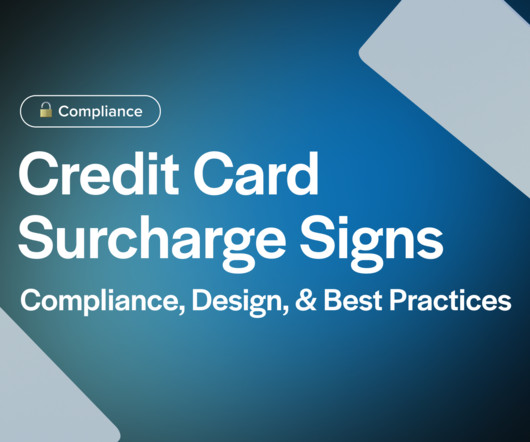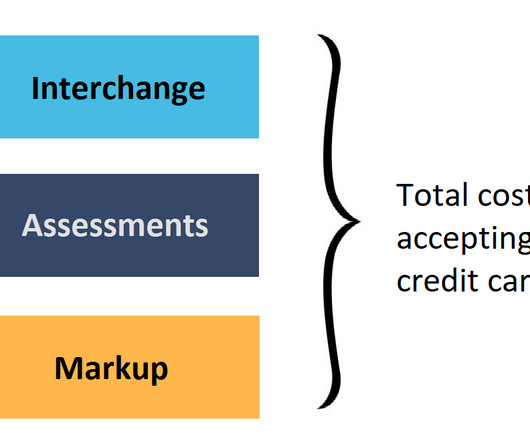How Do You Offset Credit Card Processing Fees?
EBizCharge
MAY 1, 2025
Credit card processing fees are the costs associated with card transactions that businesses must pay to accept and process credit or debit cards from customers. and can cover the costs associated with transferring funds between banks, fraud prevention, and compensating card networks, payment processors, and issuing banks.


















Let's personalize your content